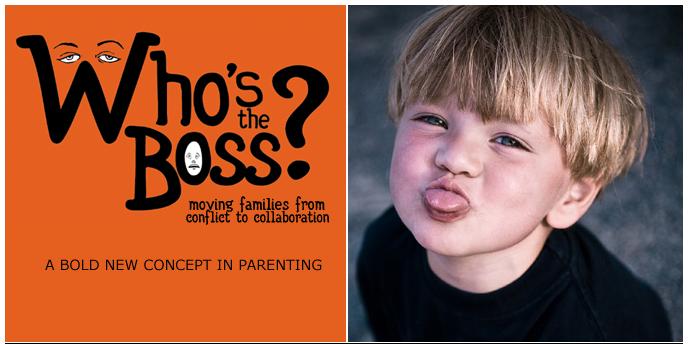Your child is signed up for Kindergarten and that moment when your child starts his journey into the "big world" is just around the corner. Many parents look forward to this transition with excitement and trepidation, mirroring the feelings of their child. Parents often want to know if there is anything they can do to smooth their child's entry into Kindergarten.
The first thing parents tend to worry about is will their child be able to do the work. Many Kindergartens today look like first grades a generation ago. Children are expected to come to school writing their name, recognizing letters, matching letters to their sounds, rhyming words, recognizing numbers and counting to 10 or higher-and this is just some of what a young child will be expected to do.
If you have read to your child daily since they were babies, answer their questions fully, encourage their curiosity and give them ample opportunities to express themselves verbally and creatively, the chances are your child has incorporated many of this skills without direct teaching. However, there are things you can do now that will help you see if there are areas that need extra support.
*Ask your child "Why" and "Where" questions. "Why" questions should be answered with a reason and "Where" questions with a location. See if your child is using complete sentences and gives clear responses.
*Ask your child to retell a favorite story or movie they have seen. Your child should be able to tell the story (mostly) in sequence and be able to name the main characters of the story. Ask them to tell you which character they liked (or disliked) the best and why.
*Read a new book to your child and ask them to predict what they think will happen next. Help them see how they can use the pictures and the story up to that point as clues.
*Play rhyming games when you are driving in the car. See how many words they can come up with that rhyme with car-even nonsense words like "gar". Include rhyming books in your daily reading, such as The Cat in the Hat.
* Help your child listen to beginning sounds. If Daddy is walking the Dog, stress the first sound and play a game like "I spy" to find two other things that start with the same sound.
*Increase your child's vocabulary. If your child says: dinosaurs were big. You could say: Yes they were big-or we could say they were huge or enormous. This type of exchange can occur anytime during the day.
*Use the grocery store for a math lesson. Have your child get you 3 cans of soup or help them see that items are "categorized" or sorted: all of the cereals are in one aisle and the cookies in another place. Talk about the shapes of the things you buy: the round oranges, the rectangle shaped box, the chips shaped like a triangle.
*Make a "writing center" for your child. If your child does yet have a special place for writing or drawing, create one. You can place pencils, markers, rulers and many different types of paper there. Get a small plastic school box (you can find them at dollar stores) and help your child learn to be responsible for keeping their materials secure. This provides ample opportunities for practicing letters and numbers. The writing center can then become the homework place because, yes, in many K classrooms, homework is part of the routine.
When I ask Kindergarten teachers what they are looking for, many of them mention academics second and the child's ability to be responsible for themselves and their belongings first! This means that your child should know how to pack and unpack her book bag; take care of her lunch, be able to recognize her jacket and sneakers (and be able to put them on). Apparently, many children come to school used to having their parents be in charge of these things-and a teacher who may have 20+ children needs her class to be able to do these things on their own. More than once teachers have told me that a child has actually asked them to wipe their behinds after using the toilet! This is a heads up for parents. If your child has not already mastered these simple, but important tasks, use the next few weeks to help them take responsibility.
Try and visit the school a few times before your child starts so she can get used to the physical space. If your child is taking the bus, make sure she understands what will be happening (i.e if she has to change buses or if there will be many stops) and reassure her that bus drivers know how to keep children safe. A child who has not had much experience out of the home may even shed a few tears the first few days. Each school has its own policy on how they handle this so call the principal if you think this may be an issue. However, for most children the excitement of starting K is stronger than their fears and the people shedding tears are likely to be mom and dad!
Your job is not over just because your child is starting school. For children to be truly successful, a partnership between home and school is essential. Your child needs to know that you think school is important and that you are there to support them, even when you hit a few road bumps on the way.
Subscribe to:
Post Comments (Atom)








Post a Comment